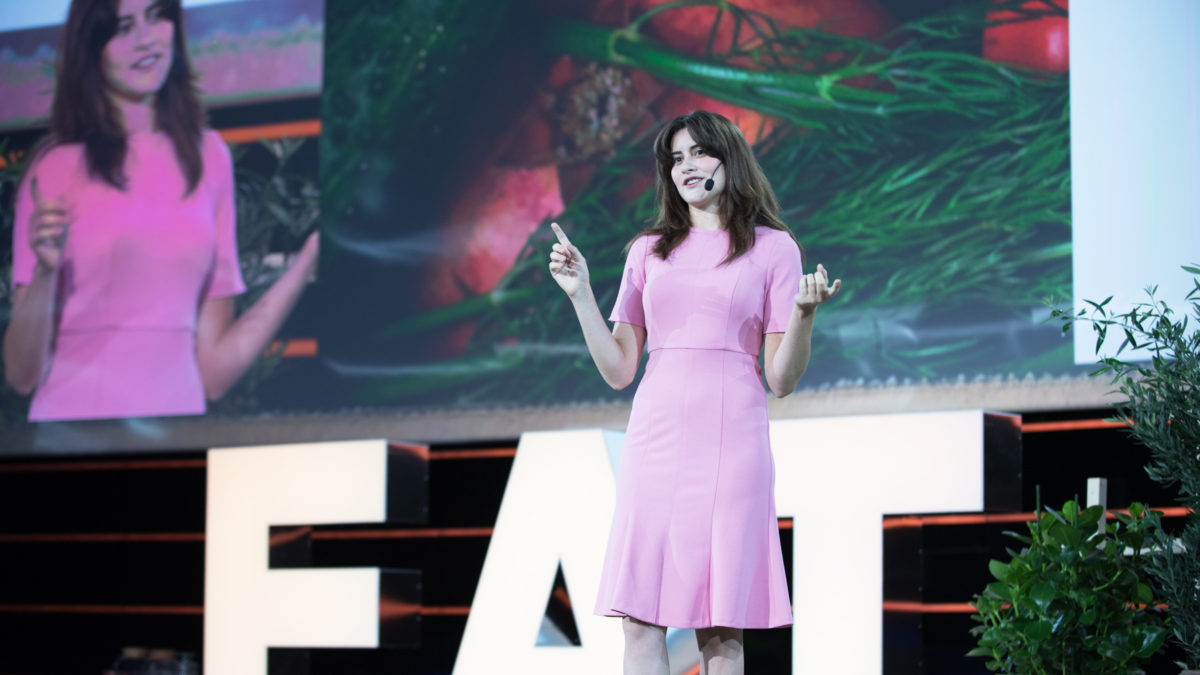I get to make choices about the state of the worldLauren Singer
Five years ago, Lauren Singer decided to stop producing waste. Her determination not to produce any waste is grounded in her war against plastics and single-use disposables, and her desire for a sharing economy and composting. By being conscious about the choices she makes as a consumer, Singer believes her actions as a sole individual can have a positive impact on the environment. Since she decided to stop producing waste, she has saved more than 18,000 kilos of it going to the land fill. Top that if you can.
Lauren Singer is the author of the Zero Waste blog Trash is for Tossers, CEO of the organic cleaning product company The Simply Co., founder of Package Free shop, the world’s first Zero Waste lifestyle store. Widely regarded as the woman who popularized the Zero Waste movement, the amount of trash that she has produced over the past five years can fit inside a 16-ounce mason jar. Through her work, she has empowered millions of people to produce less waste by shopping package free, making their own products, and refusing plastic and single use items. Her work has been profiled by The New York Times, New York Magazine, Vogue, MSNBC, NBC, AOL, CNN, Yahoo, Fox Business, BBC, and NPR amongst others.
